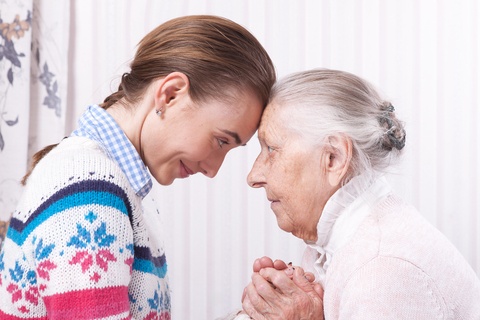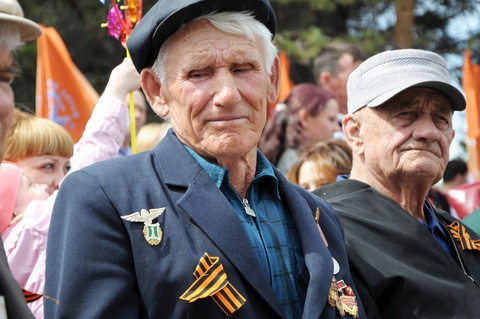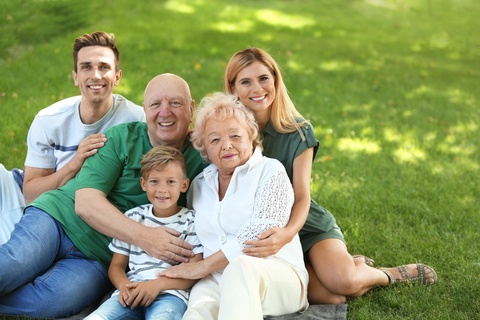Caring at a Cost: Exploring Caregiver Burden and Quality of Life in Terminal Cancer Care
Caring for a loved one with terminal cancer is a journey filled with challenges. It is also filled with moments that can deeply impact caregivers. A recent study sought to understand the link between the burden of care and the quality of life among primary caregivers. The findings show a direct correlation between the burden of care and various facets of caregivers’ quality of life. It particularly highlights the negative impacts of caregiver roles and personal strains. Understanding Caregiver Burden The study involved 97 primary caregivers of terminal-phase cancer patients. It aimed to show how the burden of care influences various dimensions of caregivers’ quality of life. Using survey questions, researchers focused on the adult carer’s quality of life. A…






